Reading Time: < 1 minutes
- A human body has millions of sweat glands that can be divided into two types.
- Type I, called Eccrine glands, are all over our body, and they secrete water and salt.
- Type II, Apocrine glands are found in armpits, breasts, genital area, eyelids, and ears, and they secrete sweat that is full of proteins & fats.
- Both types of secretions are fairly odourless, but they provide the much-desired moisture that many bacteria thrive on.
- Apocrine glands, which activate at puberty (that is why body odour starts around that time), are particularly attractive to the bacteria because of the proteins and fat.
- So, while every square centimetre of our body is covered with thousands of bacteria at any moment, bacteria in our armpits are present in millions per square centimetre.
- Bacteria are living beings, and, like all of us, they produce waste from what they eat.
- And it is this waste that causes the smell.
- Since they are present in higher numbers and have access to rich food in Apocrine glands, these locations tend to smell more and stronger than other places.
- There are various factors that decide the level and strength of the odour.
- Males tend to sweat more and thus, on average, have more frequent smell problems.
- Food has also been found to have an impact; e.g., people who eat spicy food tend to have more unpleasant smells.
- And then genes also play a role; genes determine what kind of compounds are produced in the sweat.
- So two males or two females with the same hygiene levels and food habits can also smell differently based on their genes.
Image courtesy of Vladimir Gjorgiev
Reference shelf :


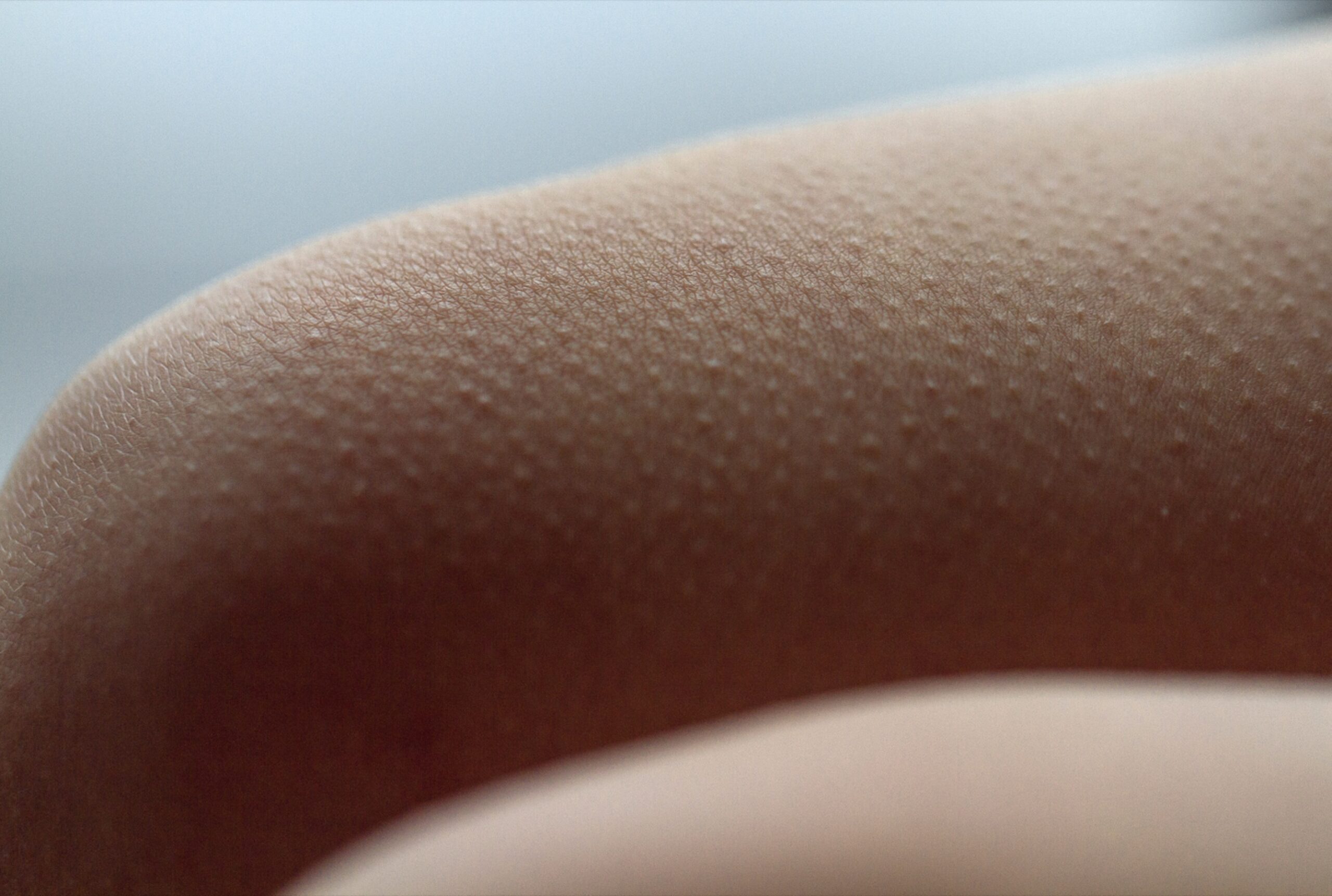
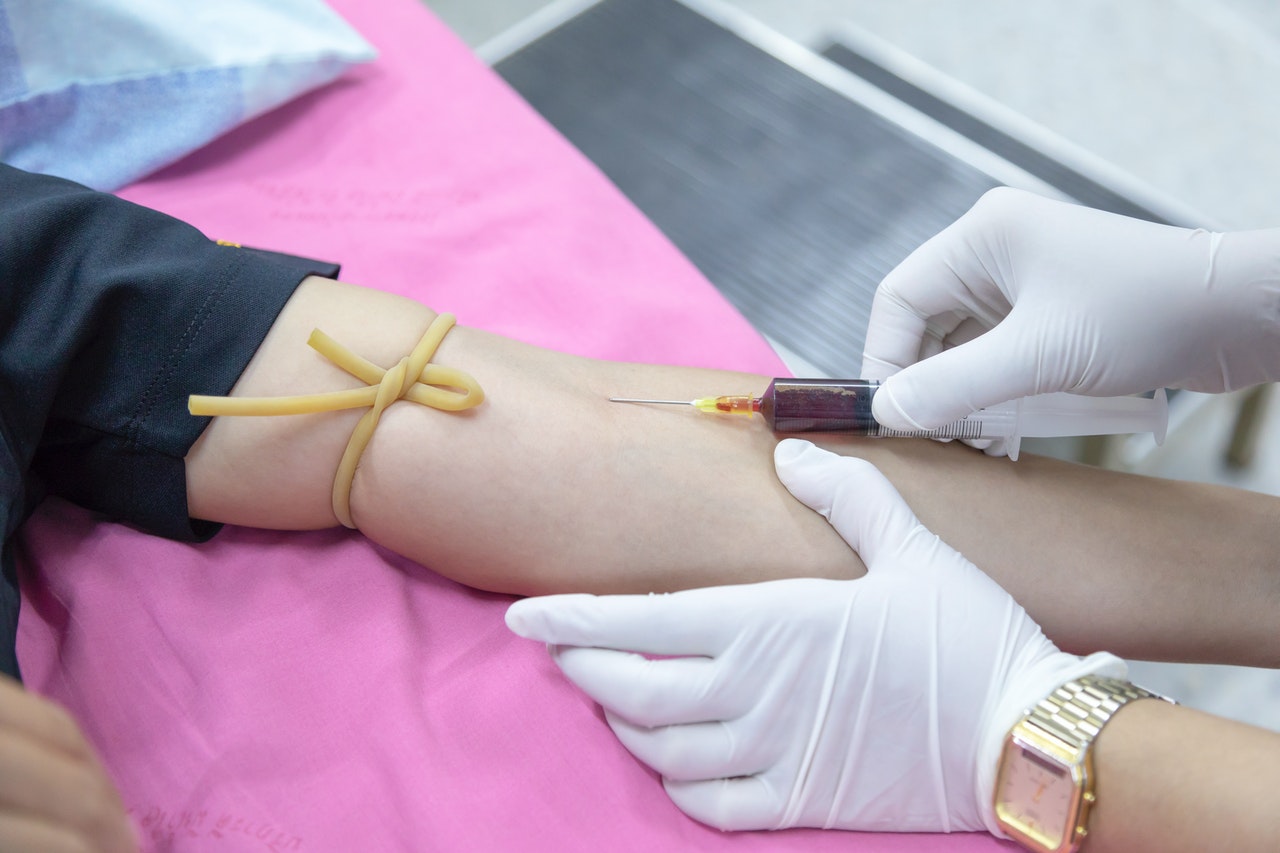
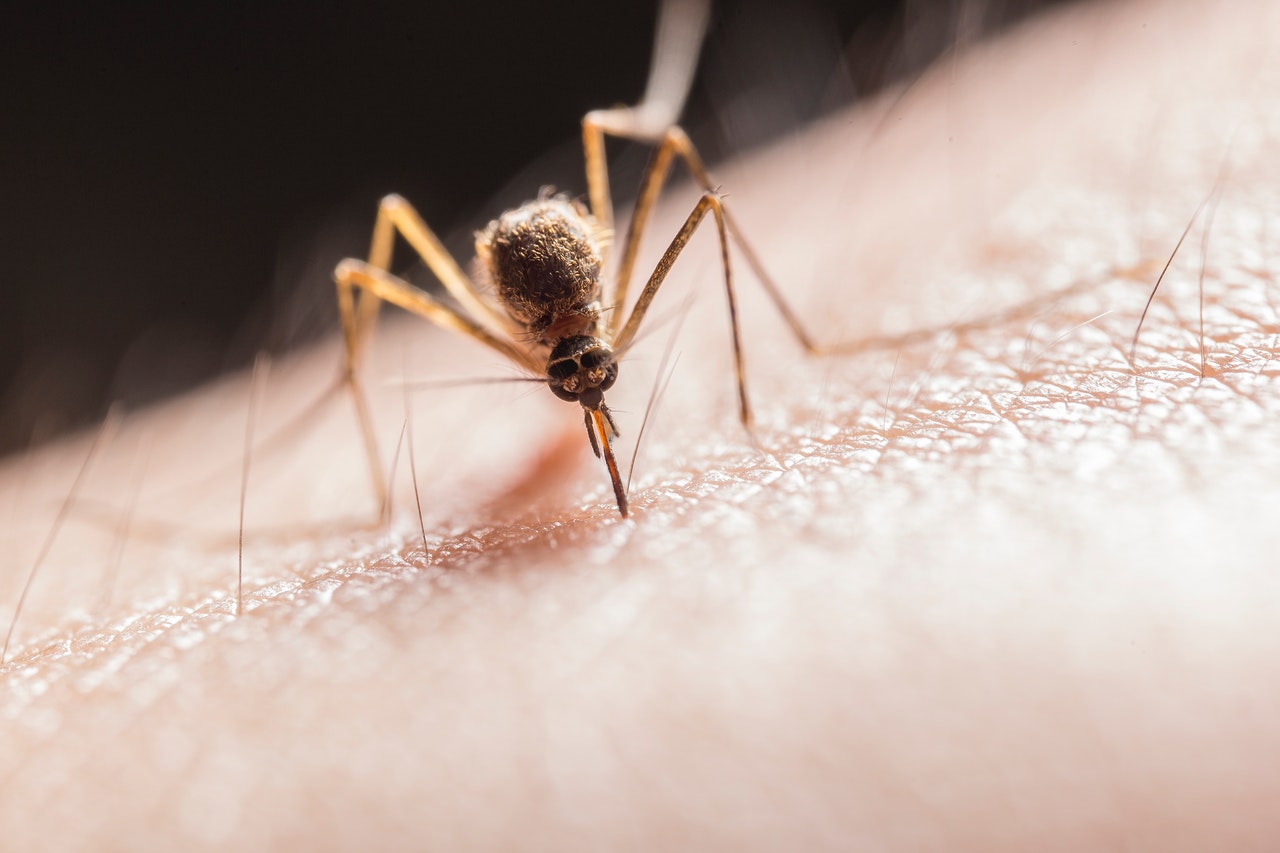


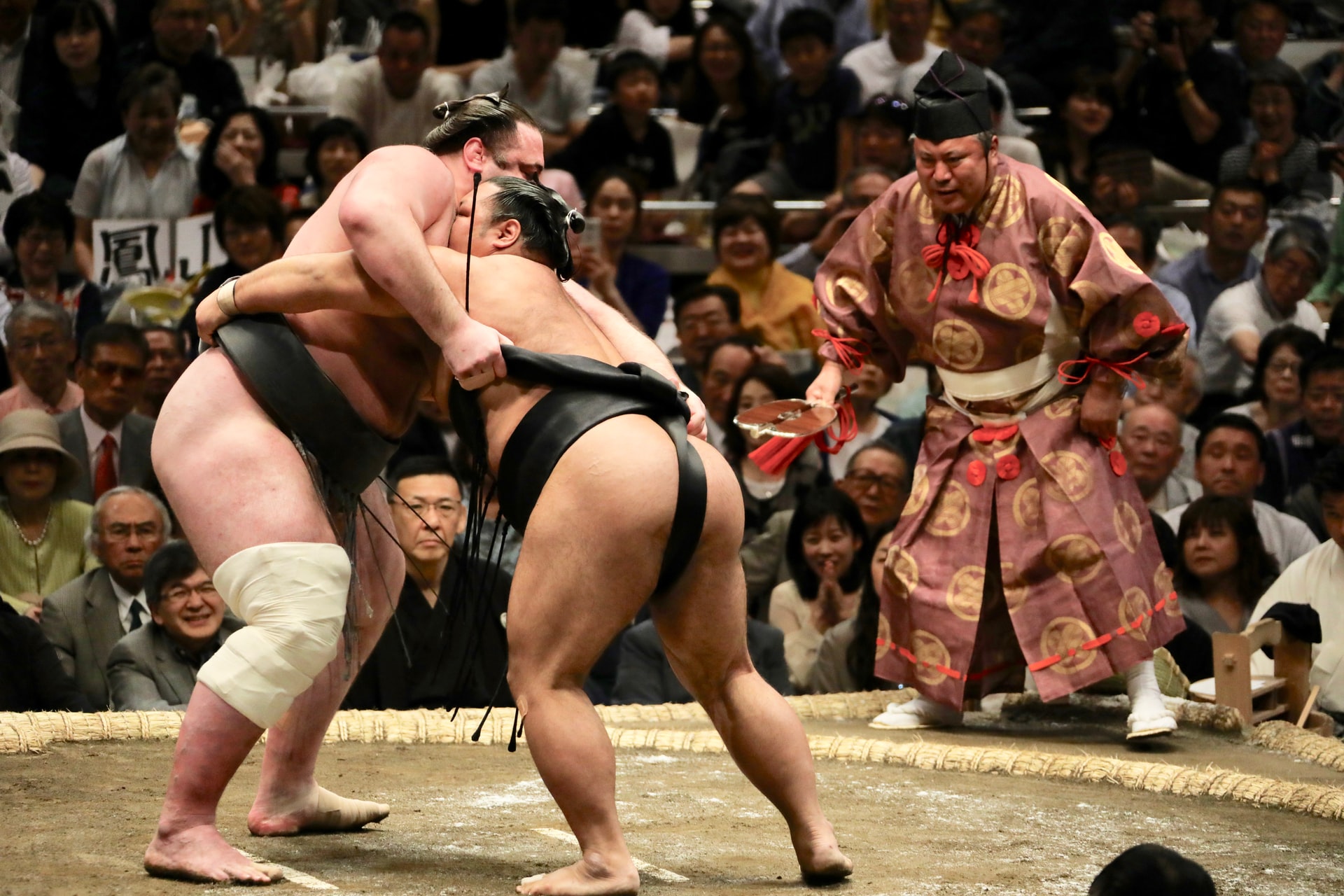

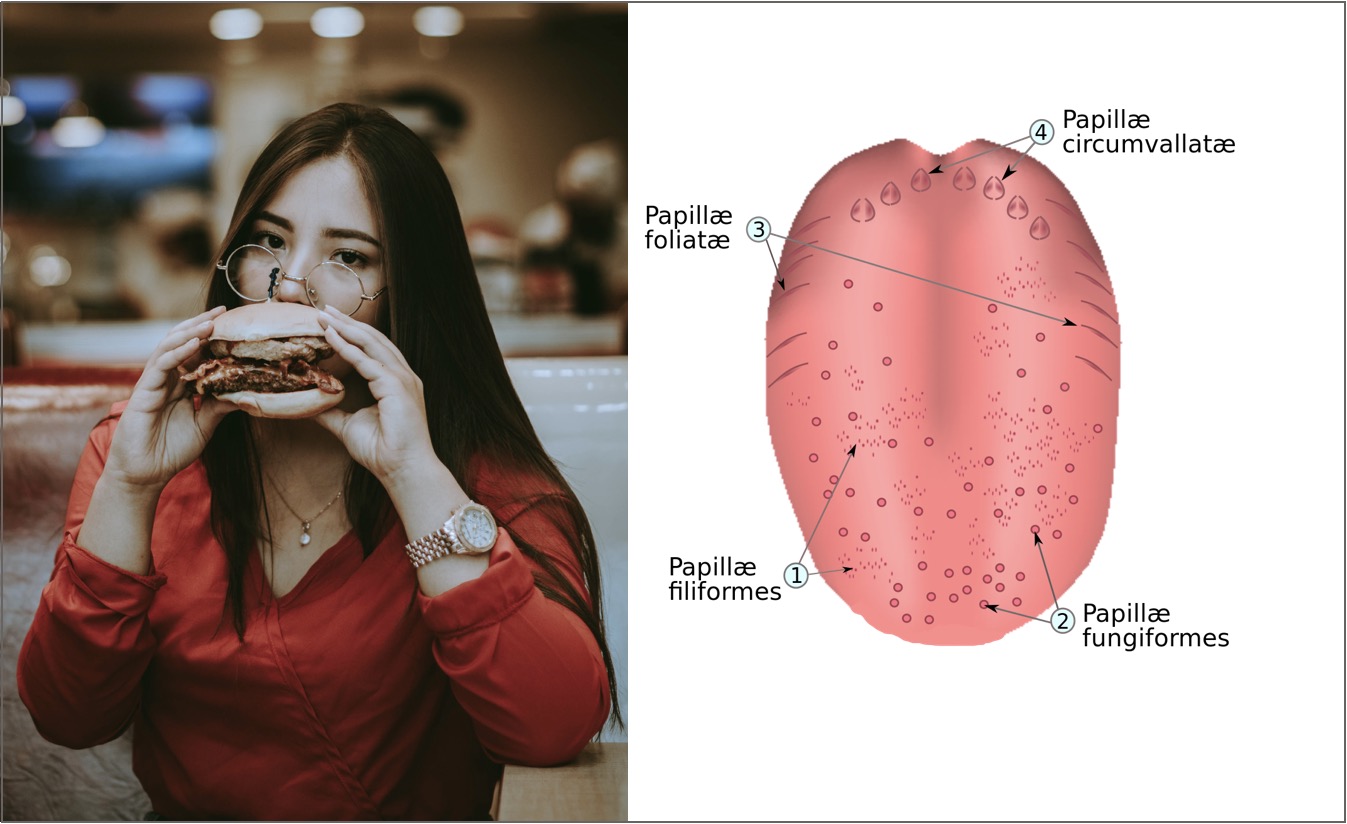
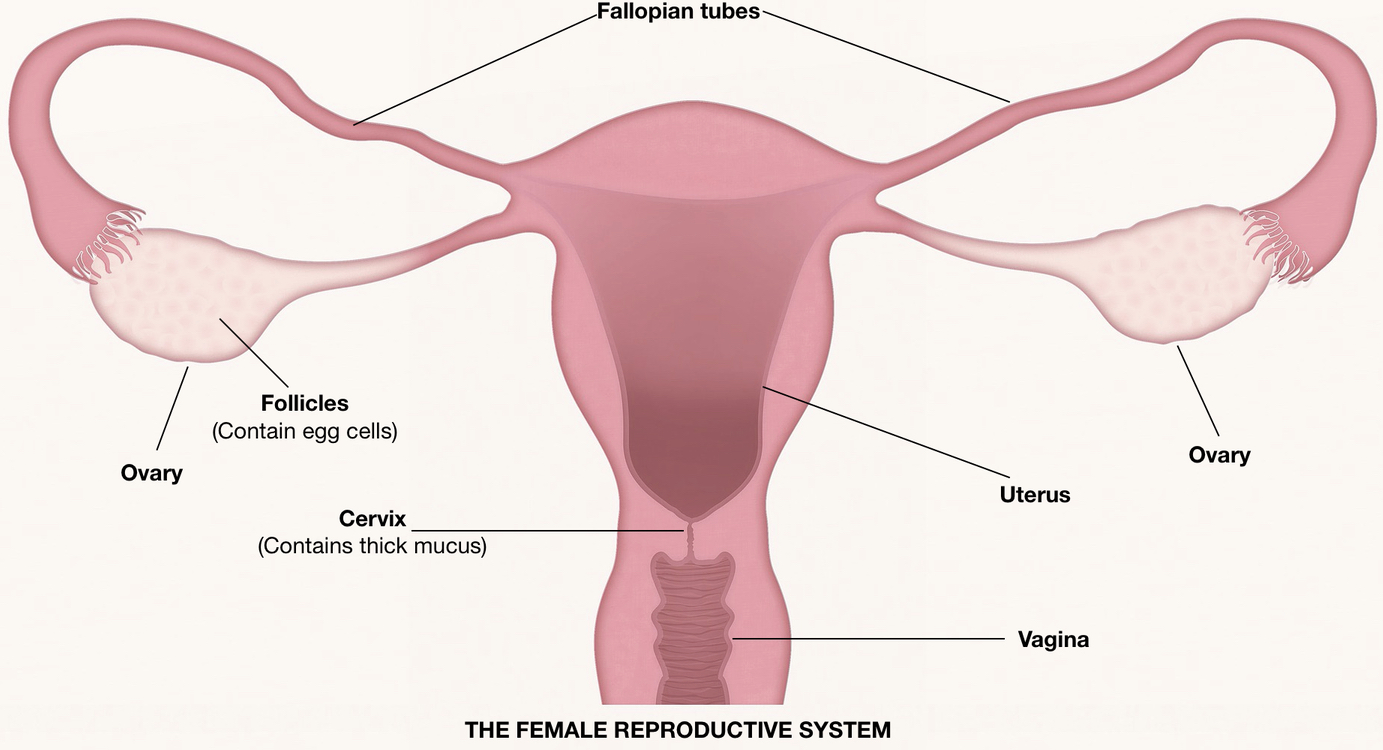
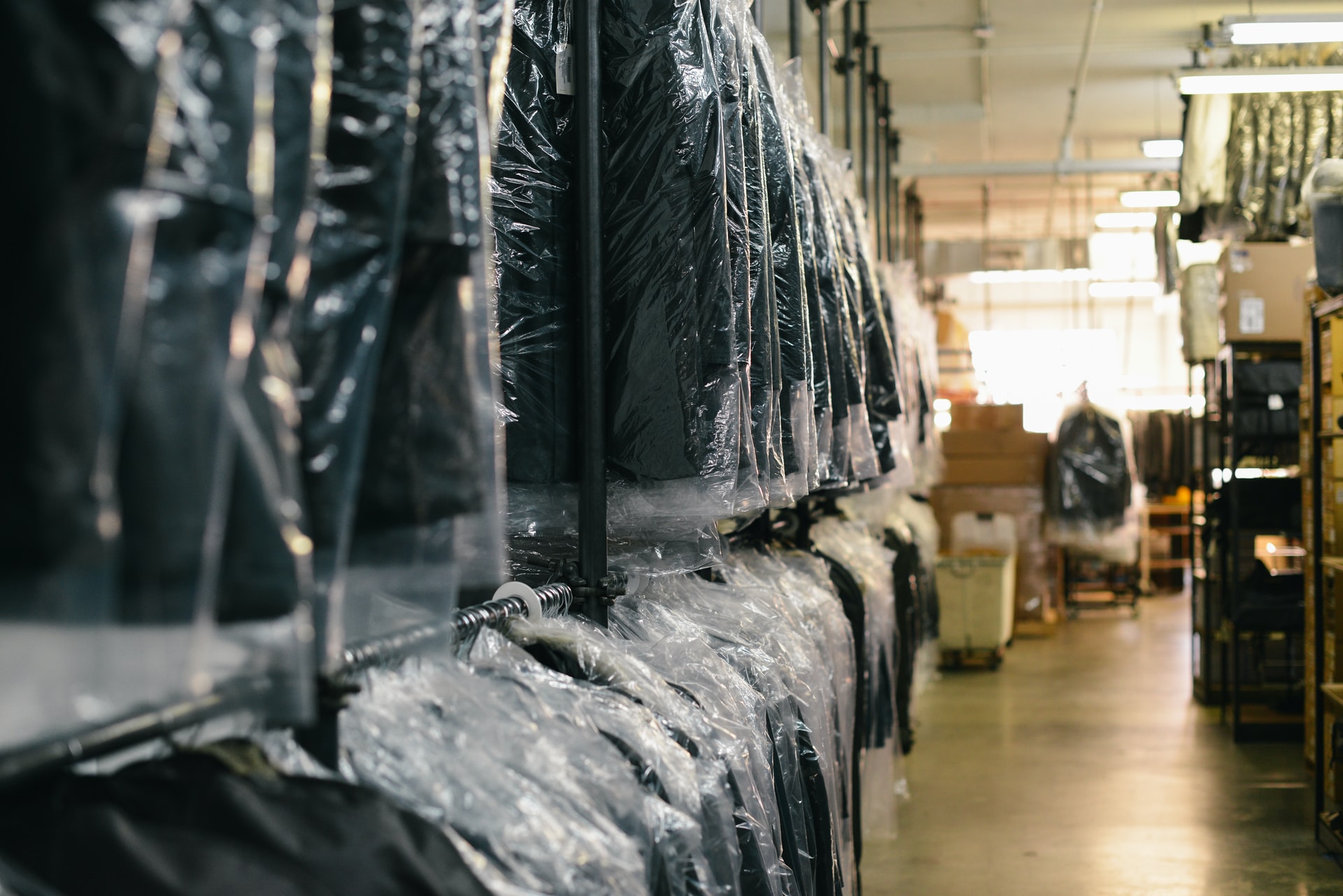

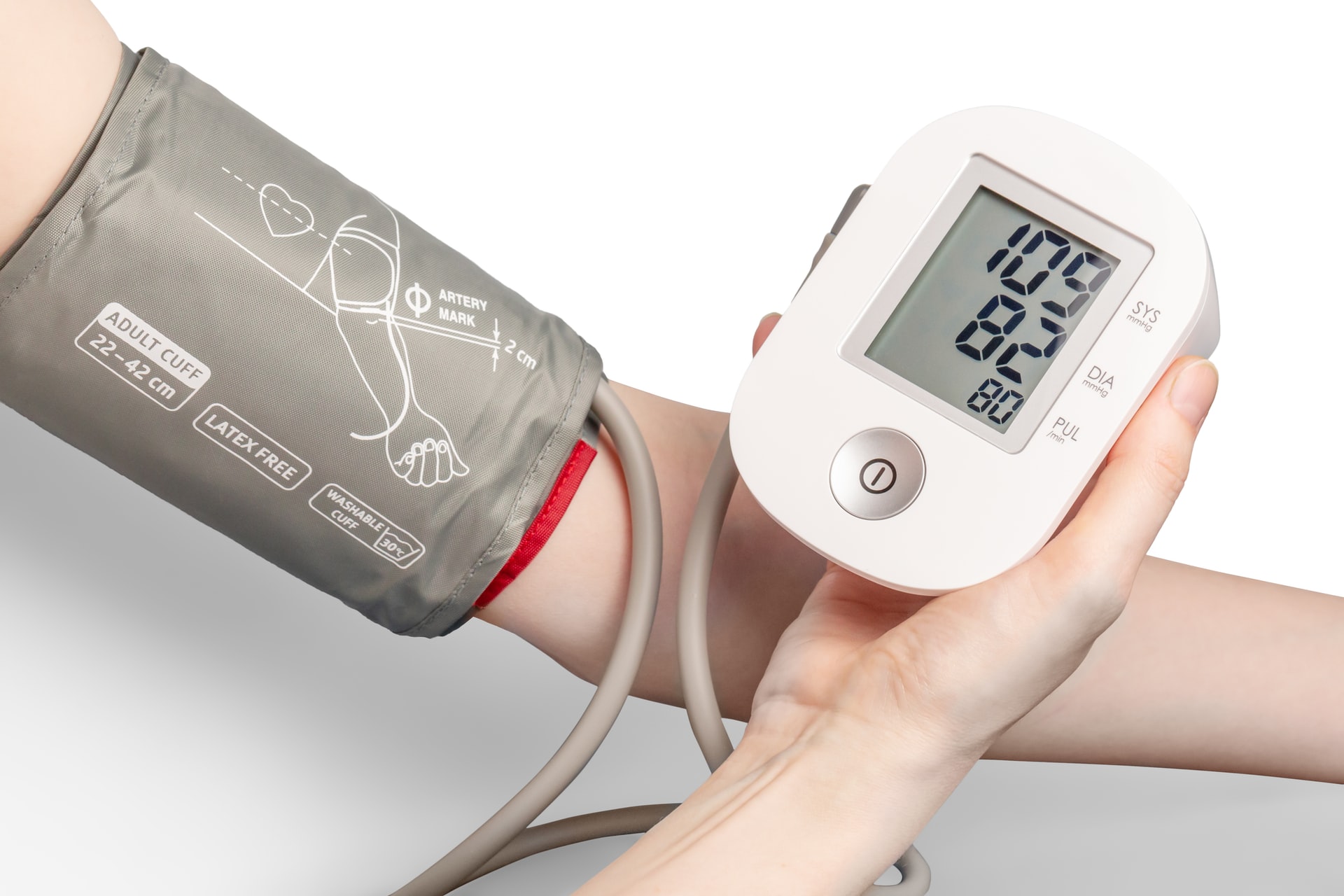




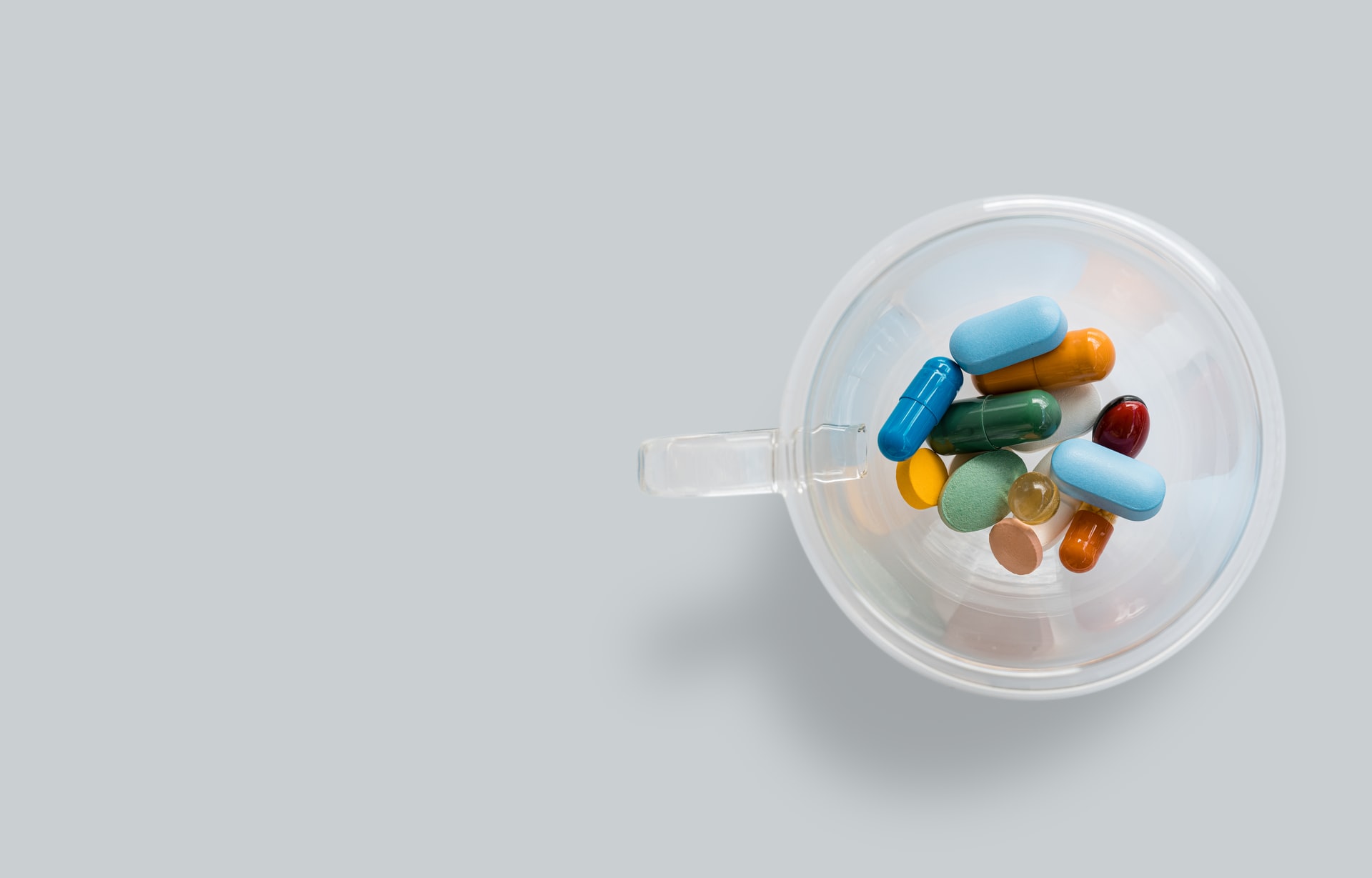


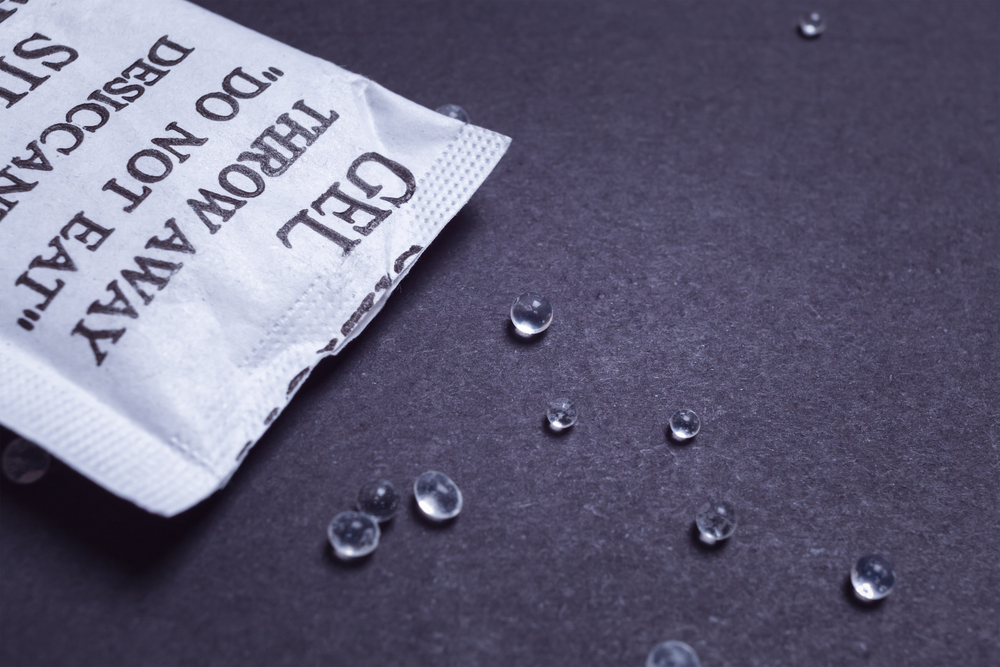

The article is very simple to understand as well as very informative. Keep up the good work and keep sharing such interesting facts.